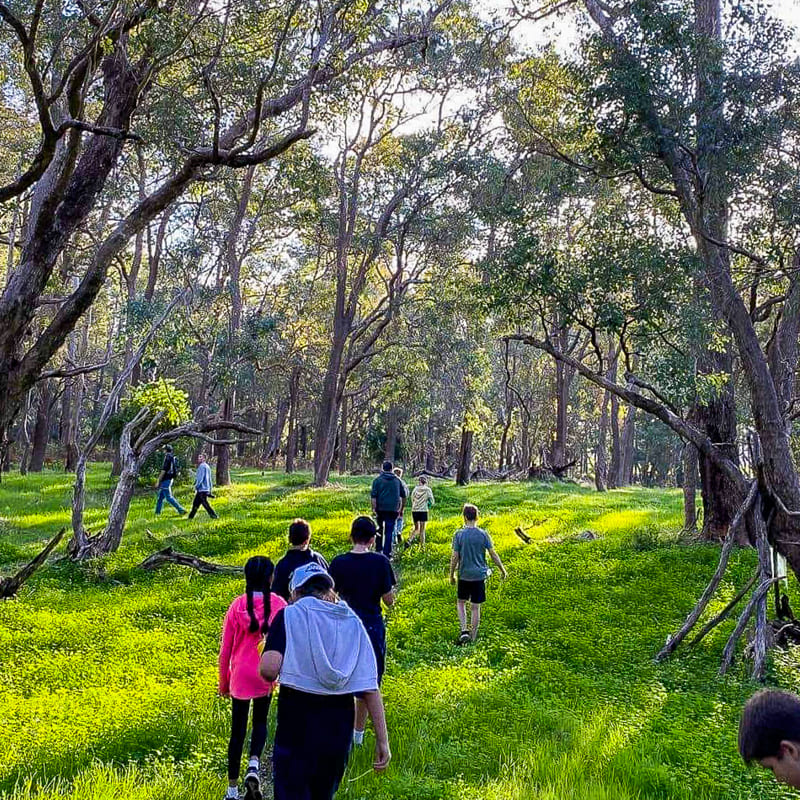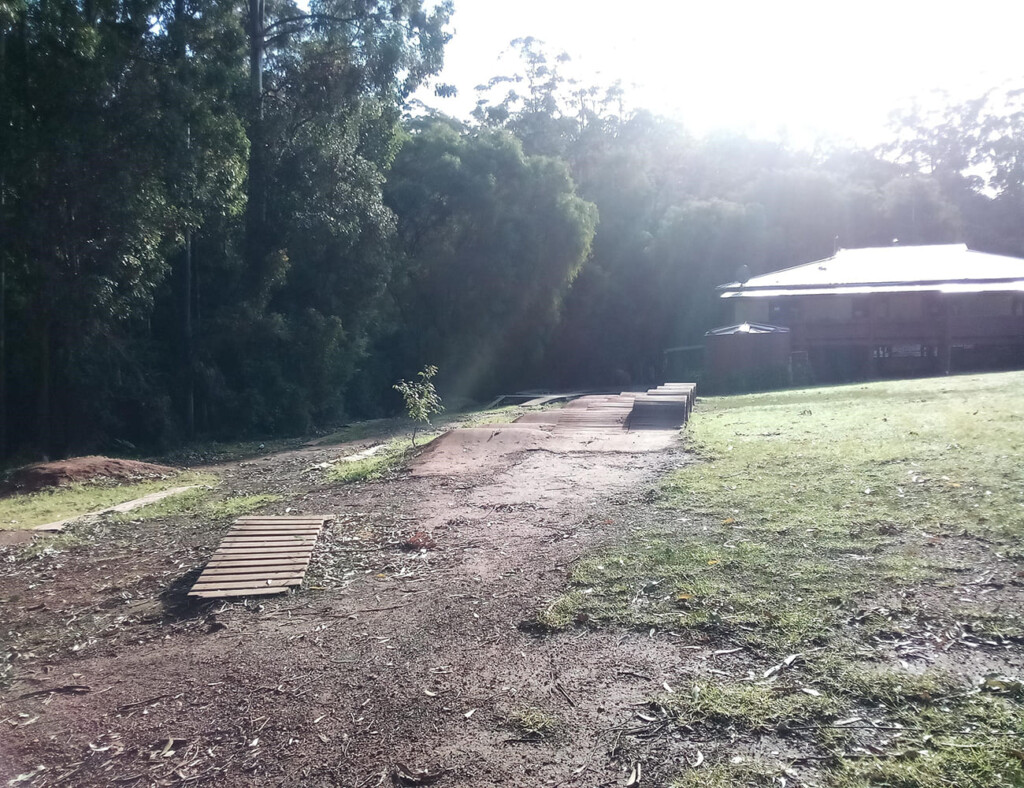
Summer camps are an iconic part of childhood, offering a break from screens and routines. They provide a unique environment where kids can develop essential skills, make friends, and gain confidence. Among the many activities offered at summer camps, games hold a special place.
They’re not just about fun—they’re about fostering growth, teamwork, and life lessons. Here, we explore how games make summer camps more valuable for kids and why they’re such an integral part of the experience.
Building Teamwork and Collaboration
Many camp games are designed to encourage teamwork. Whether it’s solving a puzzle as a group, competing in a scavenger hunt, or working together in a relay race, these activities teach kids how to cooperate with others to achieve a common goal.
By engaging in games that require collaboration, kids learn to communicate effectively, delegate tasks, and resolve conflicts. These skills are invaluable and applicable in school, sports teams, and eventually, their careers.
For instance, a game like Capture the Flag pushes children to strategise and support each other. Roles like defenders, runners, and scouts emerge naturally, and every camper gets a chance to contribute. This environment fosters mutual respect and teaches kids how to value everyone’s role in a team effort.

Enhancing Problem-Solving Skills
Games at summer camps often include challenges that require creative thinking and quick decision-making. Problem-solving games like escape rooms or obstacle courses are fantastic examples. Kids are encouraged to think on their feet, analyse situations, and come up with solutions.
For younger children, even simple games like finding hidden objects or solving riddles provide opportunities to flex their problem-solving muscles. As they progress through these games, kids gain confidence in their ability to tackle challenges—a skill that serves them well in real-world situations.
Encouraging Physical Activity
In today’s digital age, it can be challenging to get kids off their devices and moving. Summer camp games provide a fun way to incorporate physical activity into daily routines. From dodgeball to tug-of-war, games get kids running, jumping, and laughing while building endurance and coordination.
Physical games don’t just keep kids healthy; they also promote mental well-being. Exercise releases endorphins, which improve mood and reduce stress. For kids who might be shy or less active in school, the non-competitive, inclusive nature of camp games can help them feel more confident about participating in physical activities.
Teaching Leadership and Responsibility
Many camp games naturally provide opportunities for kids to step into leadership roles. A simple activity like organising teams for a kickball game or guiding their group through a treasure hunt allows children to practice leadership in a supportive environment.
When kids are tasked with leading their peers, they learn how to manage responsibilities, make decisions, and motivate others. Even those who are naturally introverted may surprise themselves by taking charge when the opportunity arises. Camps often rotate leadership roles, giving everyone a chance to shine.
Developing Social Skills
One of the greatest benefits of summer camps is their ability to bring together children from various backgrounds. Games act as a social bridge, helping kids break the ice and form connections.
Icebreaker games like “Two Truths and a Lie” or team-based activities ensure that no one feels left out. As kids laugh and bond over shared experiences, they build friendships that often last long after camp ends. These interactions teach empathy, listening skills, and how to navigate social dynamics—all crucial for personal and social development.
Boosting Confidence and Resilience
Games at summer camps offer kids the chance to try new things, step out of their comfort zones, and sometimes even fail in a supportive environment. Whether it’s mastering a high ropes course or solving a tricky game, every small victory boosts their self-esteem.
Learning to lose gracefully is another important aspect of games. Camps emphasise the importance of sportsmanship and teach kids how to bounce back after a setback. This resilience carries over into their academic and personal lives, where perseverance is key to success.
Fostering Creativity and Imagination
Games that encourage storytelling, role-playing, or improvisation allow kids to tap into their creativity. Activities like creating skits, building shelters during a survival game, or designing a new camp mascot inspire imaginative thinking.
Such games are particularly beneficial for kids who may not express themselves in traditional settings. Creativity flourishes in a relaxed and open environment, giving children the freedom to experiment without fear of judgment.
Strengthening Cultural Awareness and Inclusion
Modern summer camps often celebrate diversity, and games play a vital role in fostering cultural awareness. Activities that incorporate global themes, such as traditional games from different cultures, teach kids to appreciate diversity.
For instance, introducing games like Sepak Takraw (a Southeast Asian sport) or African drumming circles exposes children to new traditions and customs. This inclusiveness creates a sense of community and encourages kids to value different perspectives.

Creating Lifelong Memories
Ask any adult about their fondest summer camp memory, and chances are it involves a game or group activity. Whether it’s an epic water balloon fight, a thrilling game of flashlight tag, or the intense competition of a talent show, these moments stay with kids for years.
Games provide a sense of joy and nostalgia that makes summer camp experiences unforgettable. The bonds formed during these activities often lead to lifelong friendships, and the lessons learned shape children into well-rounded individuals.
Why Games Are the Heart of Summer Camps
At their core, games bring a sense of joy and connection to summer camps. They help kids develop crucial life skills, from teamwork and leadership to problem-solving and resilience. More than that, they create a safe space for children to explore their interests, express themselves, and grow into confident, capable individuals.




